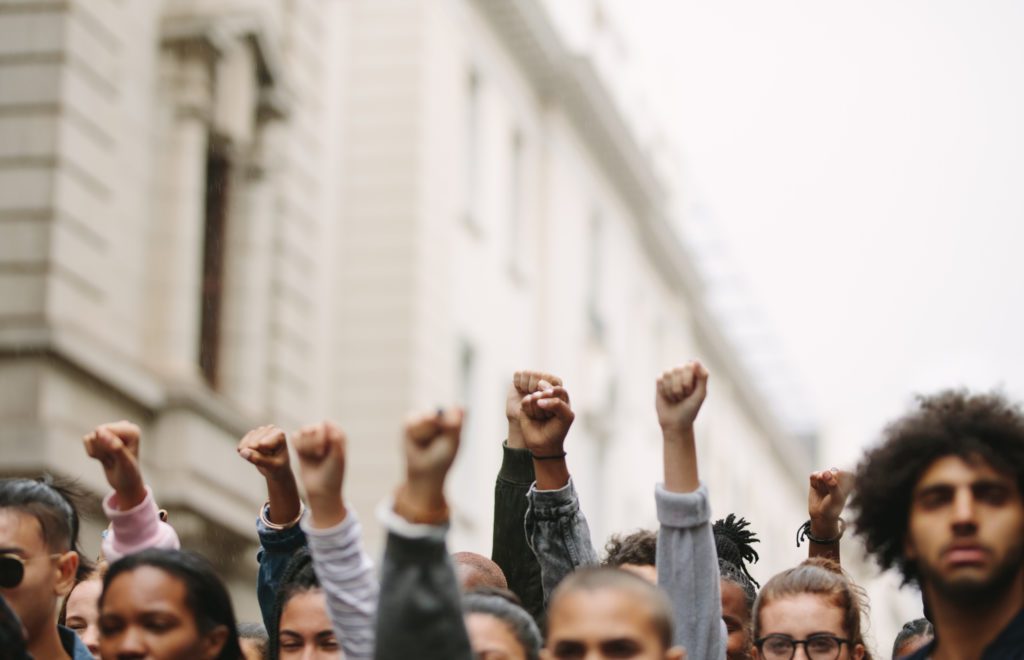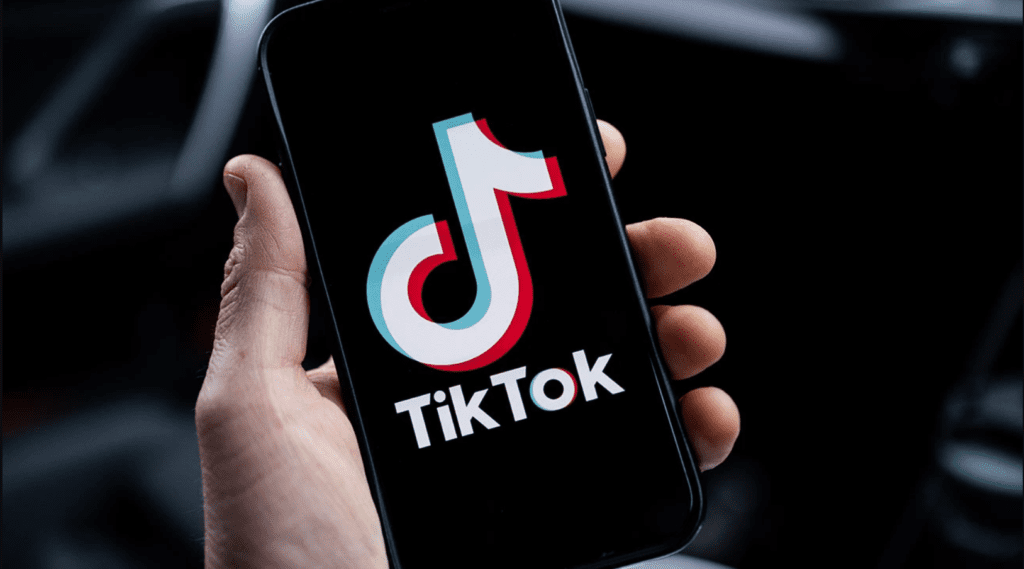A TikTok ban is looming across the world, but why is every country banding together to bury the social giant? The snowball effect across the globe has many lawmakers pushing for restrictions of the social media app, with the US being at the forefront of actioning it.
However, not everyone agrees with the sentiment.
What sparked it?
Developed by a Chinese internet technology company named ByteDance, TikTok was launched in 2016 and has since taken the world by storm. The short-form video platform which is available in 40 languages has more than 1 billion monthly active users, but controversy has sparked serious fears of privacy issues as everyone’s data is allegedly up for grabs.
There’s many more details to digest, so here is a bite sized snapshot to bring you up to speed on why a TikTok ban may be a reality.
- Primarily in the West, governing bodies have expressed concern that TikTok may be capturing private user data, such as personal information, location, etc. and sending it to the Chinese government.
- The US believes that the Chinese government have a law which allegedly allows them demand data from companies within China and extrapolate this information for intelligence operations.
- TikTok CEO Shou Zi Chew was present at the House Energy and Commerce Committee on the 23rd of March. Chew testified before them, denying any allegations of sharing data or misusing personal information.
- The US president Joe Biden has asked the owner of TikTok to sell the app or face a ban. India has banned TikTok as of 2020 under the same umbrella of concern and so have more than 24 states in the US.
Now that you’re up to speed on the TikTok ban, let’s delve further.
Are the claims justified?
That’s not for us to say, but we can provide the facts for you to decide if a TikTok ban should go ahead.
To justify the TikTok ban we would need to find precedents of where China has demanded user data from companies. Looking back to early 2019, governments of the US, Japan and Australia had stopped Huawei – Chinese telecommunications equipment manufacturer – from sending its hardware for 5G network devices.
And it all comes back to the exact same law from 2017 which has called for the TikTok ban. The Chinese National Intelligence Law which obliges companies and citizens to support national intelligence work was the impetus for governing bodies to believe that Huawei could be forced to hand over their 5G data.
The concern lasted for a while and Huawei said it would never share its data, but regardless their hardware has been blocked in perpetuity and their devices are now Google deprived.
In this case there was no evidence of data being shared, but the case of the TikTok ban does have instances of misappropriated data. ByteDance had fired four employees after personal and sensitive information of two journalists was obtained, with the company stating it removed all access to US data from that particular department.
According to the New York Times, TikTok has since developed a nearly 100-page proposal on how it will address national security concerns whilst operating in the US. On the other side of the coin, Chinese companies have stated that major US companies also store and share personal data – it’s a tricky situation.
Australia is on a similar wavelength with a TikTok ban, but the social media giant recently commented on The Guardian saying that many top Australian companies openly mention in their policies that they share their user data across the world.
What does the general population have to say?
Naturally not everyone is happy about a potential TikTok ban.

Many social media content creators make a living from the platform and have become reliant on it. According to Sprout Social, approximately 37% of users in the US are earning $100,000 or more annually – making their dismay about the TikTok ban understandable.
To express their disagreement with governmental bodies a group of protestors gathered outside the nation’s Capital, with each person voicing their thoughts. Most content creators have said the TikTok ban is more than deleting ‘just an app’.
Content creators have made micro communities within the app and rely on it to voice their opinions or support themselves financially. Users of the platform are less affected than content creators as the short-form video format (reels), is already available on Instagram and YouTube.
Now that many businesses rely on social media for marketing, a TikTok ban would definitely require companies to smarten up their approach – especially ones that utilise influencers.
Will the TikTok ban go ahead?
It’s difficult to speculate whether the TikTok ban will go ahead, but chances are government bodies are likely to consistently pursue this for the next coming months. The US has voiced their sternness in taking some form of action, but as for the rest of the world only time will tell.










